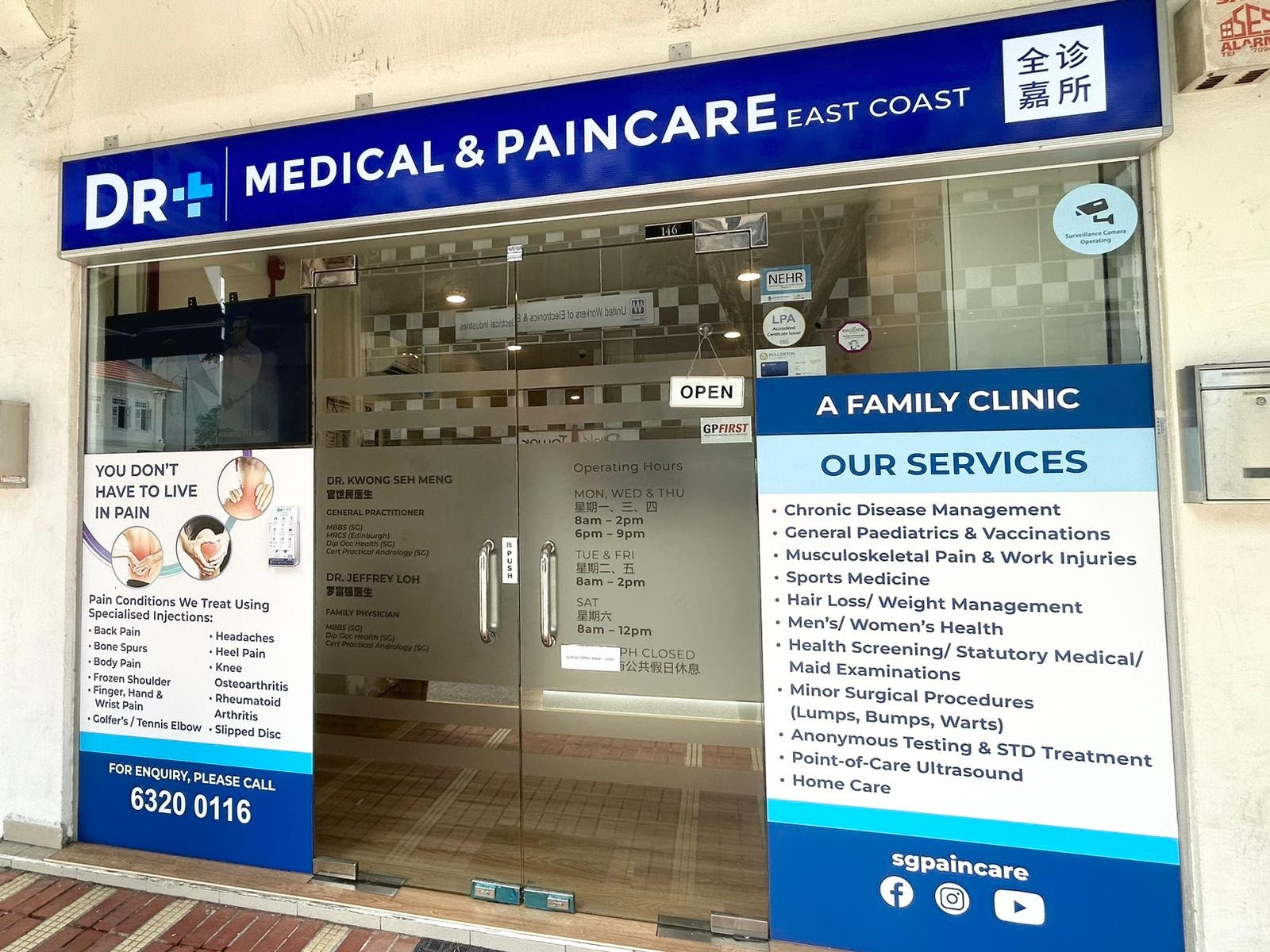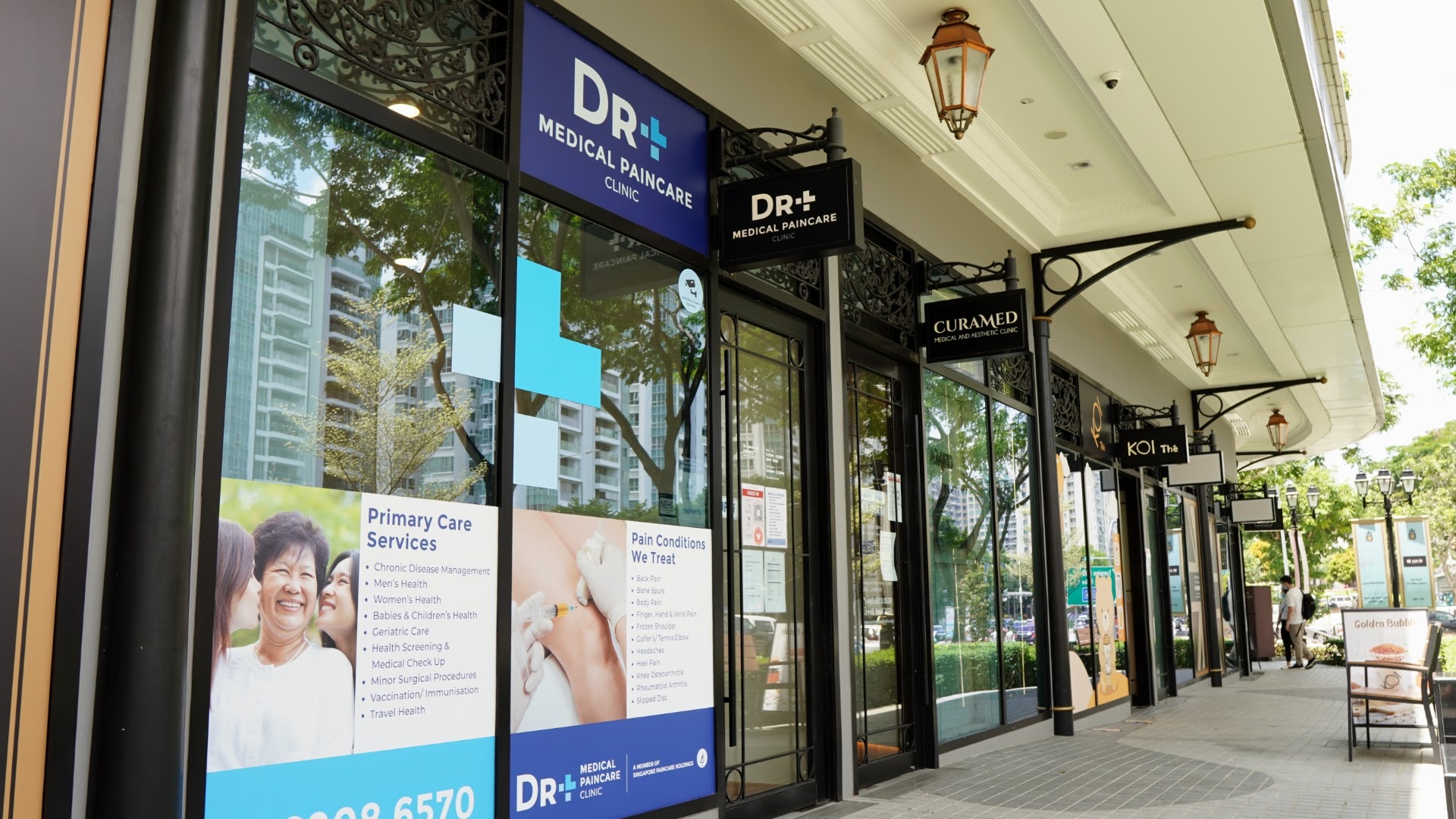Advanced Medical Directive

Advanced Medical Directive (AMD)
An AMD is a legal document that allows an individual aged at least 21 years old to express their wishes regarding medical treatment in specific circumstances, typically when they are unable to communicate or make decisions. This directive provides clarity and guidance to medical professionals and loved ones, ensuring that the individual’s preferences are respected.
For more information about how to make an AMD, click here.
Benefits of an Advanced Medical Directive
Ensuring one's wishes are respected in medical situations:
An AMD ensures that an individual’s specific wishes regarding medical treatment are followed, especially in situations where they cannot communicate their preferences.
Legal protection for medical professionals:
Medical professionals who act in accordance with the directives of an AMD are provided legal protection, ensuring they can provide care without the fear of legal repercussions.
Peace of mind for family members and loved ones:
Knowing that there is a clear directive in place provides comfort to family members and loved ones, as they can be confident that they are acting in line with the individual’s wishes.
Plan Ahead For Your Peace Of Mind
Consult one of our DR+ today to start your planning.
Differences between AMD and
Other Legal Medical Documents
Advance Medical Directive (AMD)
Purpose: An AMD is a legal document that allows an individual to convey their wishes regarding medical treatment in the event they become terminally ill and are unable to communicate their decisions. Specifically, it states that the individual does not want any extraordinary life-sustaining treatment to prolong their life in such situations.
Scope: The AMD is limited to situations where the individual is terminally ill and unconscious. It does not cover other medical decisions or scenarios.
Legality: In Singapore, the AMD Act governs the creation and execution of AMDs. Once registered, it provides legal protection to medical professionals acting in accordance with the directive.
Lasting Power of Attorney (LPA)
Purpose: An LPA is a legal document that allows an individual (the donor) to appoint one or more persons (donees) to make decisions on their behalf regarding personal welfare and/or property and affairs if they lose mental capacity.
Scope: The LPA covers a broader range of decisions, not just medical ones. It can include decisions about the individual’s property, finances, and other personal matters.
Legality: The Mental Capacity Act governs LPAs in Singapore. The appointed donee(s) have a legal obligation to act in the best interests of the donor.
Do-Not-Resuscitate (DNR) Orders
Purpose: A DNR order is a medical order, not a legal document. It instructs healthcare professionals not to perform cardiopulmonary resuscitation (CPR) if the patient’s heart stops or if they stop breathing.
Scope: DNR orders are specific to resuscitation decisions. They do not address other medical treatments or interventions.
Legality: DNR orders are typically issued by a physician based on the patient’s wishes or the best interests of the patient. They are documented in the patient’s medical records.
Advance Care Planning (ACP)
Purpose: ACP is not a legal document. It is a voluntary process for a person to discuss & plan future healthcare preferences. ACP is often used in scenarios like chronic illness management, where a patient may express wishes about long-term treatment options. It ensures that care aligns with the individual’s preferences, especially when they cannot make decisions themselves.
Scope: Advance care planning covers various health scenarios ranging from managing chronic diseases to decisions about end-of-life care, emphasizing personal values and desired quality of life.
Legality: Though not legally binding in Singapore, ACP serves as a vital guide for healthcare providers and family members, informing them about the patient’s healthcare choices and preferences.
OUR CLINICS
- Mon, Wed, Thu: 8:00am – 2:00pm, 6:00pm – 9:00pm
- Tue & Fri: 8:00am – 2:00pm
- Sat: 8:00am – 12:00pm
- Sun: 10:00am – 1:00pm
- PH: Closed
988 Upper Serangoon Rd, Singapore 534733
- Mon to Fri: 8:30am – 2:30pm, 6:00pm – 10:00pm
- Sat & Sun: 8:30am – 12:30pm
- PH: Closed
-
(Kindly note that clinic’s last registration is 15mins before closing time.)
Thomson Imperial Court, Singapore 574424
- Mon to Wed: 8:30am – 10:00pm
- Thu: 8:30am – 3:00pm, 6:00pm-9:30pm
- Fri: 8:30am – 6:00pm
- Sat & Sun: 9:00am – 3:00pm
- PH: Closed
-
(Kindly note that clinic’s last registration is 15mins before closing time.)
Need Advice On Your Condition?
Please fill out the form and we will be in touch with you shortly.
Frequently Asked Questions
How often should I review and update my AMD?
It’s advisable to review your AMD every few years or after significant life events, such as marriage, divorce, or a major medical diagnosis. While there’s no fixed frequency, regular reviews ensure that the document remains aligned with your current wishes.
Can I have both an AMD and an LPA?
Yes, you can have both an AMD and an LPA. While the AMD specifically addresses your wishes regarding life-sustaining treatment in terminal illness scenarios, an LPA covers a broader range of decisions, including personal welfare and property matters.
What happens if my family disagrees with my AMD?
Legally, an AMD is binding, and medical professionals are obligated to follow its directives. However, communicate with your family about your AMD to ensure they understand and respect your wishes.
Are there any legal consequences for not following a DNR order?
Yes, medical professionals who do not adhere to a valid DNR order may face legal and professional consequences. doctors to be aware of and respect a patient’s DNR status.
Can I appoint a legal representative to make decisions if I don't have an LPA in place?
Without an LPA, it may be necessary for a family member or close friend to apply to the courts for the authority to make decisions on your behalf, which can be a lengthy and costly process. It’s recommended to have an LPA in place to avoid such complications.
Are there any costs associated with registering an AMD or LPA?
Yes, there may be administrative fees associated with registering these documents. It’s advisable to check with the relevant authorities or legal professionals for the most up-to-date fee structures.



